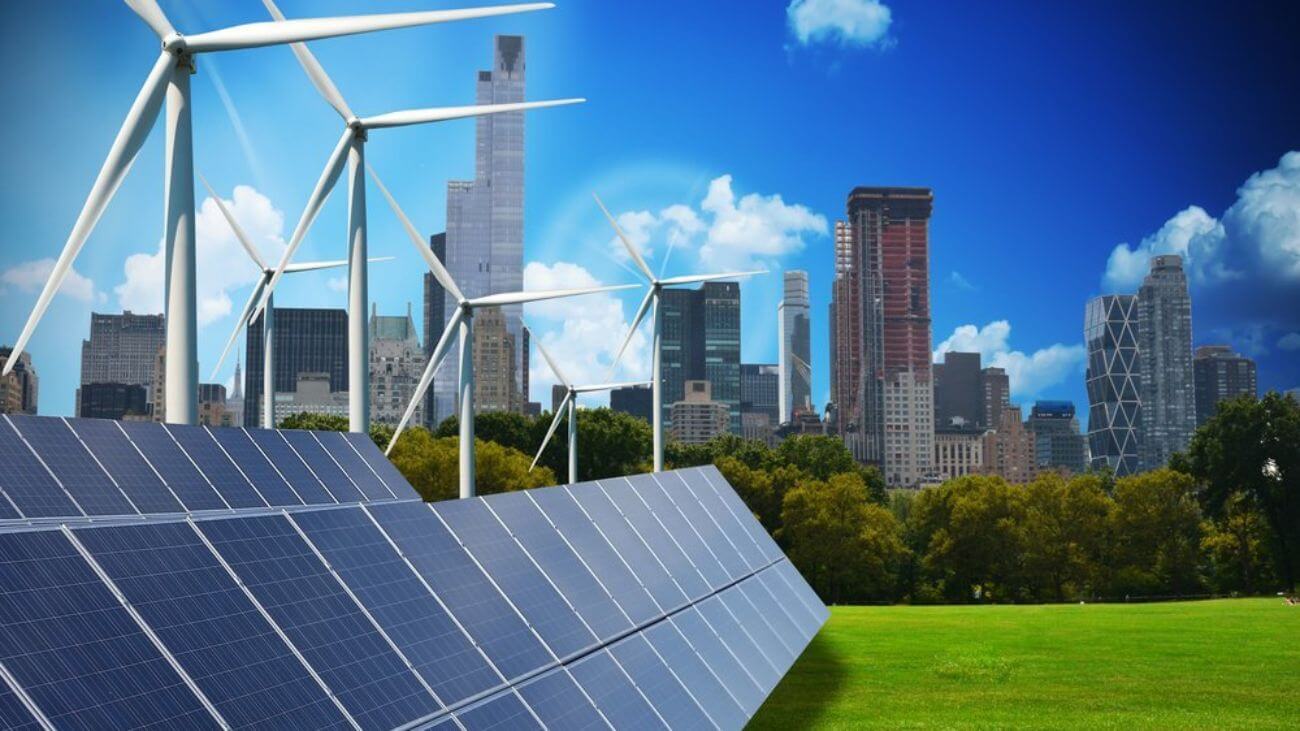
The Future of Renewable Energy: Innovations and Challenges
As the world becomes more conscious of the environmental impact of traditional energy sources, the demand for renewable energy is growing.
The use of renewable energy sources such as wind, solar, and hydropower is rapidly increasing as the world transitions to a more sustainable energy future. In this article, we will explore the latest innovations and challenges in the renewable energy sector.
The Growing Need for Renewable Energy
The world is facing a dual challenge of meeting the energy needs of a growing population while reducing carbon emissions to mitigate the impacts of climate change. Renewable energy sources have a crucial role to play in addressing this challenge. According to the International Energy Agency (IEA), renewable energy accounted for 72% of global electricity capacity additions in 2019. The IEA also projects that renewable energy will be the only energy source that will experience a growth in demand, while all other sources will experience a decline due to the recent pandemic.
Innovations in Renewable Energy

Innovations in renewable energy technologies are driving down costs and increasing efficiency, making renewable energy more accessible than ever before.
Here are some of the latest innovations in renewable energy:
Solar Power Innovations
The cost of solar panels has decreased significantly in recent years, making them an attractive option for homeowners and businesses alike. Researchers are also developing new technologies to improve the efficiency of solar panels, such as perovskite solar cells. These cells have the potential to be more efficient and less expensive than traditional silicon solar cells.
Wind Power Innovations
The development of larger and more efficient wind turbines has significantly increased the capacity and efficiency of wind power. The use of floating wind turbines, which can be located in deeper waters, is also expanding the potential for offshore wind energy.
Energy Storage Innovations
The use of energy storage technologies, such as batteries and pumped hydro, is becoming increasingly important as the share of intermittent renewable energy sources, such as wind and solar, increases. Researchers are developing new technologies to improve the performance and reduce the cost of energy storage systems, such as solid-state batteries and flow batteries.
Challenges in Renewable Energy

Despite the growing demand for renewable energy, there are still challenges to overcome before it can fully replace traditional energy sources.
Here are some of the challenges facing the renewable energy sector:
Intermittency
One of the main challenges of renewable energy is that it is often intermittent, meaning that it is not available 24/7. For example, solar panels generate electricity only when the sun is shining, and wind turbines generate electricity only when the wind is blowing. The development of energy storage systems, as mentioned earlier, is helping to address this challenge.
Grid Integration
The intermittent nature of renewable energy sources also presents challenges for grid integration. Energy grids are designed to accommodate consistent sources of energy, and integrating intermittent sources requires significant investments in grid infrastructure and energy storage systems.
Policy Support
Government policies play a critical role in the growth of renewable energy. Supportive policies, such as tax credits and renewable energy mandates, can drive the development and adoption of renewable energy technologies. However, inconsistent policies and regulatory uncertainty can hinder investment in renewable energy.
The Renewable Energy Transition is Crucial
The transition to renewable energy is crucial for a sustainable energy future, and innovations in renewable energy technologies are making it more accessible than ever before. However, the renewable energy sector still faces challenges, such as intermittency, grid integration, and policy support. Overcoming these challenges will require continued investment, innovation, and policy support. With the right policies and investments, renewable energy can play a significant role in meeting the world's energy needs while reducing carbon emissions and mitigating the impacts of climate change.
Trending
-
1 How IoT is Revolutionizing Sustainability: A Brighter Future Beckons
Susanna Koelblin -
2 How The Water Treatment And Desalination Will Change The Environment For The Better
Daniel Hall -
3 How Intermediate Bulk Containers Enhance Environmental Sustainability
Daniel Hall -
4 Hybrid Cars and Their Key Benefits
Susanna Koelblin -
5 UK Faces Wettest July in Recent Memory
Daniel Hall





Comments